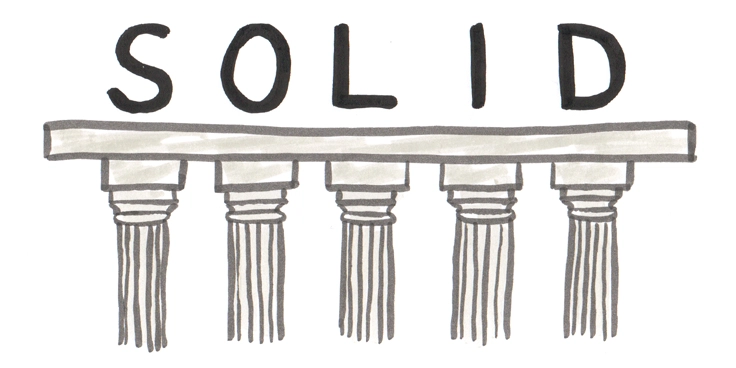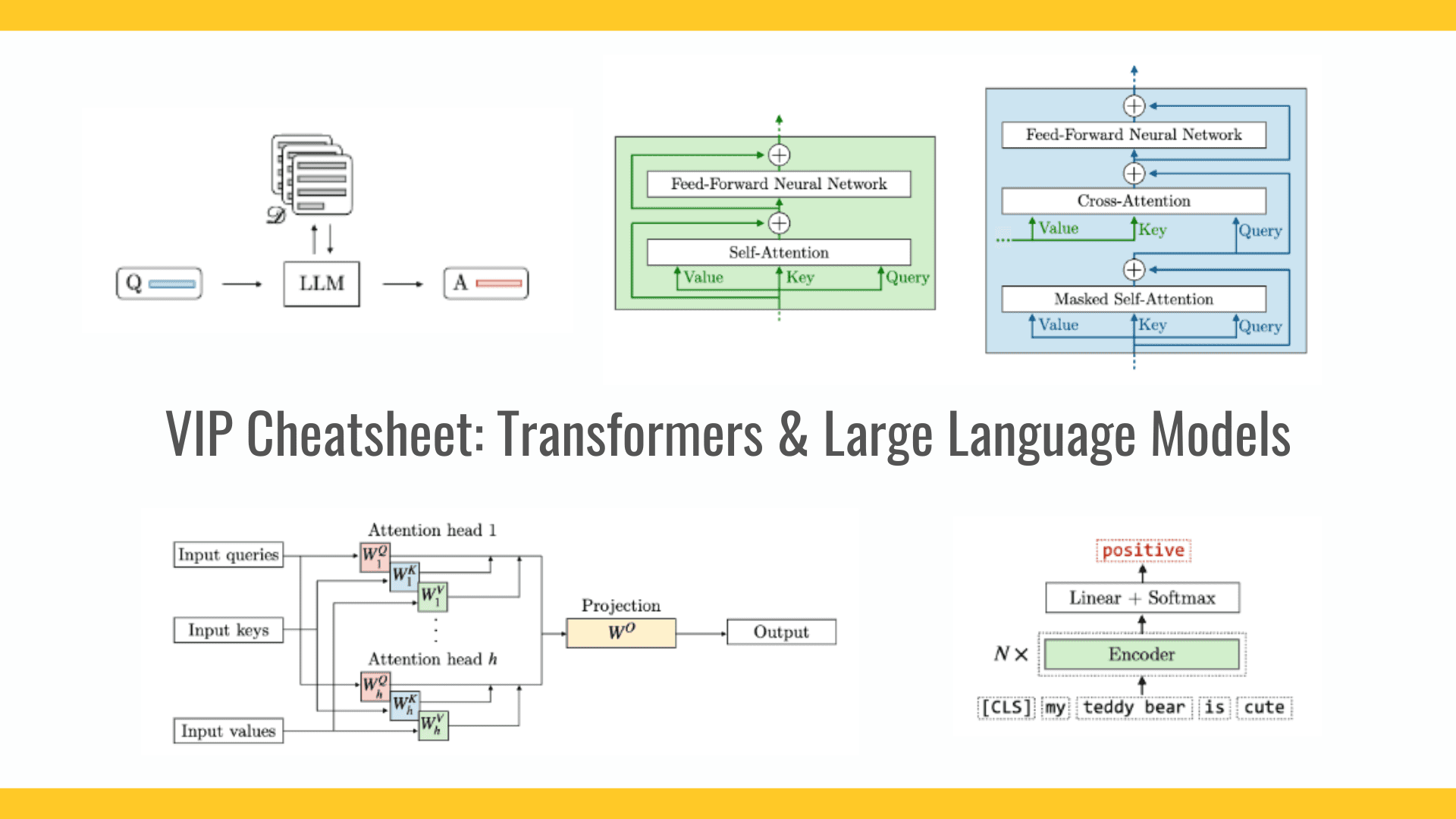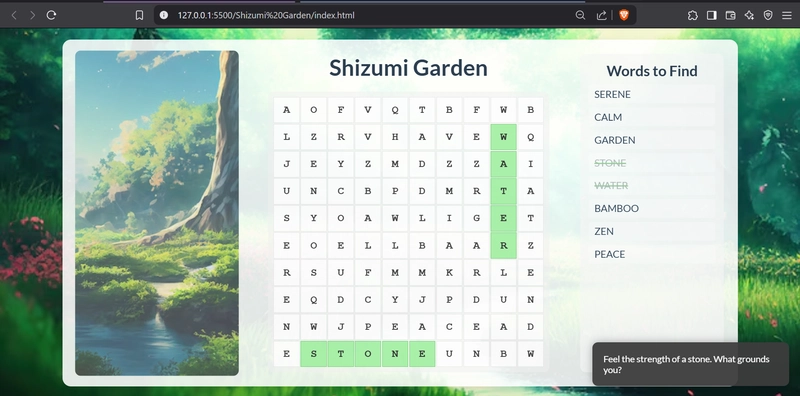Software Design Principles: Practical Implementation with User Roles
I. Introduction Software design is a fundamental pillar for developing scalable, maintainable, and flexible applications. To achieve this, we use the SOLID principles, a set of best practices in object-oriented programming. In this document, we focus on two specific SOLID principles: Liskov Substitution Principle (LSP) Interface Segregation Principle (ISP) Through a practical implementation based on user roles, we will see how these principles improve the structure and maintainability of the code. II. SOLID Principles The SOLID acronym represents five key principles in object-oriented programming: S - Single Responsibility Principle (SRP): A class should have a single responsibility. O - Open/Closed Principle (OCP): Code should be open for extension but closed for modification. L - Liskov Substitution Principle (LSP): Subclasses should be able to replace their base class without altering functionality. I - Interface Segregation Principle (ISP): Interfaces should be specific rather than general. D - Dependency Inversion Principle (DIP): High-level modules should not depend on low-level modules but on abstractions. In this project, we apply LSP and ISP to design a well-structured user role system. III. Implementing LSP and ISP in a User Role System In a system where users have different roles (Reader, Editor, Administrator), applying LSP and ISP is key to ensuring flexibility and maintainability. A. Applying Liskov Substitution Principle (LSP) The Liskov Substitution Principle states that a subclass should be able to replace its base class without affecting expected behavior. How we apply it in our implementation: We create a base class User with common attributes (name and email). The Reader, Editor, and Admin classes inherit from User, making them interchangeable in the code. Each subclass implements only the necessary functionalities without modifying base behavior. This ensures that we can substitute a User with any subclass (Reader, Editor, Admin) without affecting the overall functionality of the system. B. Applying Interface Segregation Principle (ISP) The Interface Segregation Principle states that it's preferable to have several specific interfaces rather than a single general one with many responsibilities. How we apply it in our implementation: Instead of a single general interface for all users, we create separate interfaces: IReader: For users with reading permissions. IEditor: For users with editing permissions. IAdmin: For users with administrative permissions. Each class implements only the interfaces it needs, avoiding unnecessary methods. This reduces unnecessary dependencies and improves system scalability. IV. Implementation Code from abc import ABC, abstractmethod # Specific Interfaces (ISP) class IUser(ABC): @abstractmethod def get_name(self) -> str: pass class IReader(ABC): @abstractmethod def read_content(self) -> str: pass class IEditor(ABC): @abstractmethod def edit_content(self) -> str: pass class IAdmin(ABC): @abstractmethod def delete_content(self) -> str: pass # Base Class (LSP) class User(IUser): def __init__(self, name): self.name = name def get_name(self) -> str: return self.name # Subclasses applying LSP and ISP class Reader(User, IReader): def read_content(self) -> str: return f"{self.name} is reading." class Editor(Reader, IEditor): def edit_content(self) -> str: return f"{self.name} has edited content." class Admin(Editor, IAdmin): def delete_content(self) -> str: return f"{self.name} has deleted content." V. Conclusion By applying Liskov Substitution Principle (LSP) and Interface Segregation Principle (ISP), we have built a more flexible, scalable, and maintainable user role system. LSP ensures that subclasses can replace their base class without altering the system’s expected behavior. ISP ensures that classes implement only the necessary interfaces, avoiding bloated and unnecessary dependencies. These principles contribute to clean code, facilitating future modifications and reducing complexity in large-scale applications. For more details and source code, visit the GitHub repository: SOLID User Roles.

I. Introduction
Software design is a fundamental pillar for developing scalable, maintainable, and flexible applications. To achieve this, we use the SOLID principles, a set of best practices in object-oriented programming.
In this document, we focus on two specific SOLID principles:
- Liskov Substitution Principle (LSP)
- Interface Segregation Principle (ISP)
Through a practical implementation based on user roles, we will see how these principles improve the structure and maintainability of the code.
II. SOLID Principles
The SOLID acronym represents five key principles in object-oriented programming:
- S - Single Responsibility Principle (SRP): A class should have a single responsibility.
- O - Open/Closed Principle (OCP): Code should be open for extension but closed for modification.
- L - Liskov Substitution Principle (LSP): Subclasses should be able to replace their base class without altering functionality.
- I - Interface Segregation Principle (ISP): Interfaces should be specific rather than general.
- D - Dependency Inversion Principle (DIP): High-level modules should not depend on low-level modules but on abstractions.
In this project, we apply LSP and ISP to design a well-structured user role system.
III. Implementing LSP and ISP in a User Role System
In a system where users have different roles (Reader, Editor, Administrator), applying LSP and ISP is key to ensuring flexibility and maintainability.
A. Applying Liskov Substitution Principle (LSP)
The Liskov Substitution Principle states that a subclass should be able to replace its base class without affecting expected behavior.
How we apply it in our implementation:
- We create a base class
Userwith common attributes (name and email). - The
Reader,Editor, andAdminclasses inherit fromUser, making them interchangeable in the code. - Each subclass implements only the necessary functionalities without modifying base behavior.
This ensures that we can substitute a User with any subclass (Reader, Editor, Admin) without affecting the overall functionality of the system.
B. Applying Interface Segregation Principle (ISP)
The Interface Segregation Principle states that it's preferable to have several specific interfaces rather than a single general one with many responsibilities.
How we apply it in our implementation:
- Instead of a single general interface for all users, we create separate interfaces:
-
IReader: For users with reading permissions. -
IEditor: For users with editing permissions. -
IAdmin: For users with administrative permissions.
-
- Each class implements only the interfaces it needs, avoiding unnecessary methods.
This reduces unnecessary dependencies and improves system scalability.
IV. Implementation Code
from abc import ABC, abstractmethod
# Specific Interfaces (ISP)
class IUser(ABC):
@abstractmethod
def get_name(self) -> str: pass
class IReader(ABC):
@abstractmethod
def read_content(self) -> str: pass
class IEditor(ABC):
@abstractmethod
def edit_content(self) -> str: pass
class IAdmin(ABC):
@abstractmethod
def delete_content(self) -> str: pass
# Base Class (LSP)
class User(IUser):
def __init__(self, name): self.name = name
def get_name(self) -> str: return self.name
# Subclasses applying LSP and ISP
class Reader(User, IReader):
def read_content(self) -> str: return f"{self.name} is reading."
class Editor(Reader, IEditor):
def edit_content(self) -> str: return f"{self.name} has edited content."
class Admin(Editor, IAdmin):
def delete_content(self) -> str: return f"{self.name} has deleted content."
V. Conclusion
By applying Liskov Substitution Principle (LSP) and Interface Segregation Principle (ISP), we have built a more flexible, scalable, and maintainable user role system.
- LSP ensures that subclasses can replace their base class without altering the system’s expected behavior.
- ISP ensures that classes implement only the necessary interfaces, avoiding bloated and unnecessary dependencies.
These principles contribute to clean code, facilitating future modifications and reducing complexity in large-scale applications.
For more details and source code, visit the GitHub repository: SOLID User Roles.

































































![Apple's M5 iPad Pro Enters Advanced Testing for 2025 Launch [Gurman]](https://www.iclarified.com/images/news/96865/96865/96865-640.jpg)
![M5 MacBook Pro Set for Late 2025, Major Redesign Waits Until 2026 [Gurman]](https://www.iclarified.com/images/news/96868/96868/96868-640.jpg)
![Apple to Revamp Health App with AI-Powered Doctor [Gurman]](https://www.iclarified.com/images/news/96870/96870/96870-640.jpg)















































































































































































![[The AI Show Episode 141]: Road to AGI (and Beyond) #1 — The AI Timeline is Accelerating](https://www.marketingaiinstitute.com/hubfs/ep%20141.1.png)
![[The AI Show Episode 140]: New AGI Warnings, OpenAI Suggests Government Policy, Sam Altman Teases Creative Writing Model, Claude Web Search & Apple’s AI Woes](https://www.marketingaiinstitute.com/hubfs/ep%20140%20cover.png)
![[The AI Show Episode 139]: The Government Knows AGI Is Coming, Superintelligence Strategy, OpenAI’s $20,000 Per Month Agents & Top 100 Gen AI Apps](https://www.marketingaiinstitute.com/hubfs/ep%20139%20cover-2.png)





























































































































![From broke musician to working dev. How college drop-out Ryan Furrer taught himself to code [Podcast #166]](https://cdn.hashnode.com/res/hashnode/image/upload/v1743189826063/2080cde4-6fc0-46fb-b98d-b3d59841e8c4.png?#)






![[FREE EBOOKS] The Ultimate Linux Shell Scripting Guide, Artificial Intelligence for Cybersecurity & Four More Best Selling Titles](https://www.javacodegeeks.com/wp-content/uploads/2012/12/jcg-logo.jpg)






















.jpg?width=1920&height=1920&fit=bounds&quality=80&format=jpg&auto=webp#)


OSAMU-NAKAMURA.jpg?width=1920&height=1920&fit=bounds&quality=80&format=jpg&auto=webp#)






.png?#)






















































